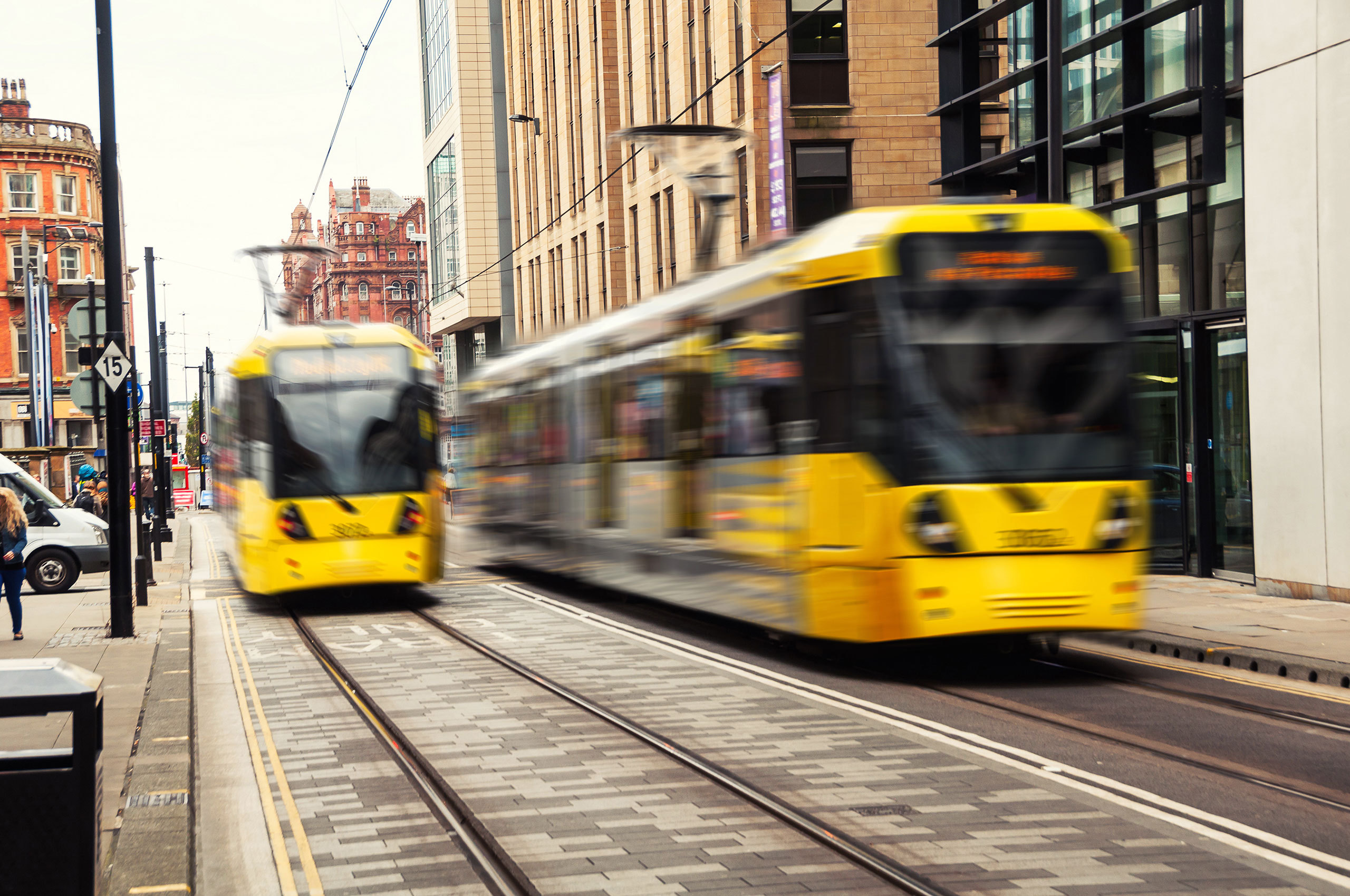Marketing Executive
Most organisations, private & public sector will have a marketing function, regardless of which vertical market they operate in. Depending on the size (and often industry sector) of the organisation the structure of the marketing department and in turn the role of the Marketing Executive can vary massively.
Broadly speaking the role of Marketing Executive is to support the Marketing Manager in the delivery of all marketing activity. They will liaise with various stakeholders to understand business objectives, collate and curate all forms of marketing content to ensure the internal team’s marketing needs are met.
They will help ensure all external communication is on brand and within guidelines. If the organisation is using external agencies, the Marketing Executive will be the day to day contact ensuring work is delivered on time and to budget.
Employers look for candidates with marketing qualifications and/or work experience either within a marketing department or a marketing agency.
In certain organisations the Marketing Executive role might also require a basic knowledge of design software such as Adobe Creative Suite to carry out small amends as well as ability to write copy for various channels.
Salary wise outside of London the role generally pays between £24,000 to £34,000 depending on regional variance and level of experience.
Lichfield
The city is built on the two sides of a shallow valley, in which two streams flow from the west, the Trunkfield Brook and the Leamonsley Brook, and out of which the Curborough Brook runs, eventually flowing into the River Trent.
Its magnificent Gothic cathedral is one of the most spectacular in the UK but even without this, the quaintly cobbled market town would be worth a visit to tread in the footsteps of lexicographer Samuel Johnson (the writer of the first Dictionary of the English Language) and philosopher Erasmus Darwin, grandfather of ground-breaking universally famed Charles. Johnson once described Lichfield folk as 'the most sober, decent people in England', which was rather generous considering that this was the last place in the country to stop burning people at the stake! In 2009, the Staffordshire Hoard, the largest hoard of Anglo-Saxon gold and silver metalwork, was found just under 6km southwest of Lichfield.
Today, the city still retains its old importance as an ecclesiastical centre, and its industrial and commercial development has been limited. The centre of the city retains an unspoilt charm with over 230 listed buildings bursting from its charming historic streets, fine Georgian architecture and old cultural traditions.
By the end of the 19th century, brewing was the principal industry, along with the neighbourhood market gardens that provided food for the growing populations of nearby Birmingham and the Black Country. The district is famous worldwide for two local products: Armitage Shanks, manufacturers of baths/bidets and showers, and Arthur Price of England, master cutlers and silversmiths. The city is also home to Central England Co-operative, the second largest independent consumer co-operative in the UK. Triennially the Lichfield Mysteries, the biggest community theatre event in the UK, takes places at the Cathedral and in the Market Place. It consists of a cycle of 24 medieval-style plays involving over 600 amateur actors; other hugely popular weekend summer festivals include the Lichfield Folk Festival and The Lichfield Real Ale, Jazz and Blues Festival.


